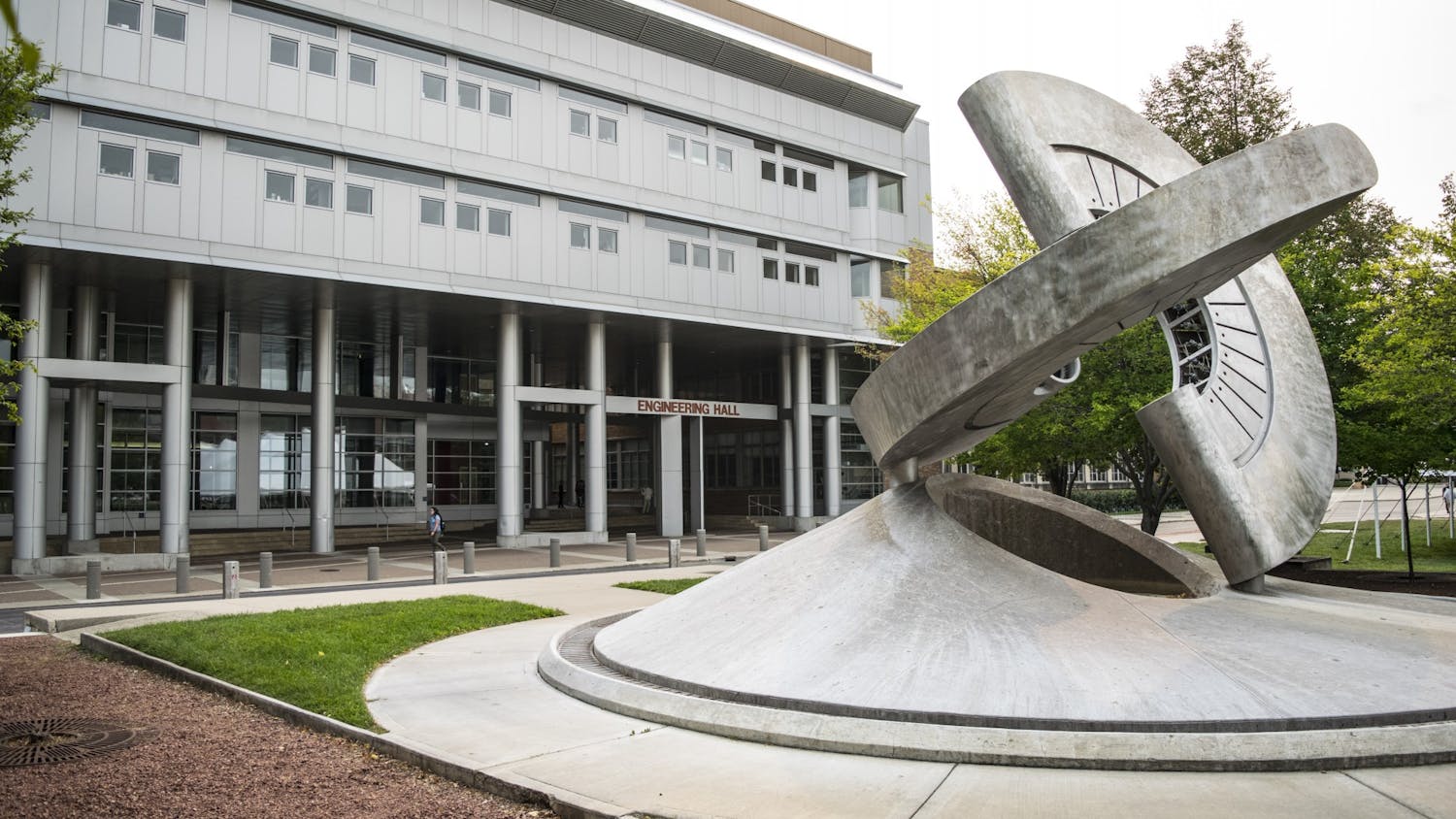State Rep. Chris Taylor led a discussion with the Associated Students of Madison's Legislative Affairs Committee about the future of state support, as well as ensuring more power to the university and student body on Monday.
“Even though we do not feel it at UW-Madison, there is a true lack of money in the UW System,” Taylor said.
To start the discussion, Taylor questioned the necessity of
The Regents is composed of 18 members, 16 of which are appointed by the governor. The body serves to establish policies and rules governing the System along with reviewing and approving university budgets.
“The state funds are only 15 percent,” Taylor said. “Why should the governor get to pick so many of the members on the Board of Regents?”
Taylor also steered the conversation towards the possible stripping of some powers granted to the governor which were implemented under the Walker administration.
“The powers of the executive should not be taken away because the people voted for the governor to have these powers and act with
Amid students' questions regarding whether any other issues were going to be reconsidered under the new governor, Taylor disclosed that “on the spot registration” would be something that students of the UW System should be aware of.
Legislative Affairs Committee Chair Laura Downer is currently "exploring issues related to the state budget which may have bipartisan support" in a collaboration between the committee and other student organizations.
“Investing in the UW System is investing in the students,” Downer said.
Taylor also shared her views on the tuition freeze and proposed to fund the freeze instead.
“My husband is a professor in Oshkosh, I get to see how the tuition freeze affects the other side,” Taylor said. “He is in a growing program, but cannot hire new professors because they just do not have the money.”
Taylor discussed other bills she has been working on as well, including medical amnesty and force as the last-resort bill with police.
Most concerns regarding medical amnesty, which is a state law that grants minors immunity when they seek help for themselves or others while under the influence, are where students are protected. This does not mean that students have academic immunity; however, they will not receive citations for underage drinking.
“It is very important to get both on- and off-campus amnesty because most cases happen off campus,” Taylor said.
Disclaimer: The author of this article is a member of the Legislative Affairs committee.
Updated 11/19/18 6:19 p.m.: This article now includes precise details of State Representative Chris Taylor's discussion with the Legislative Affairs Committee as well as the committee's plans to look into bipartisan support within the state budget.






